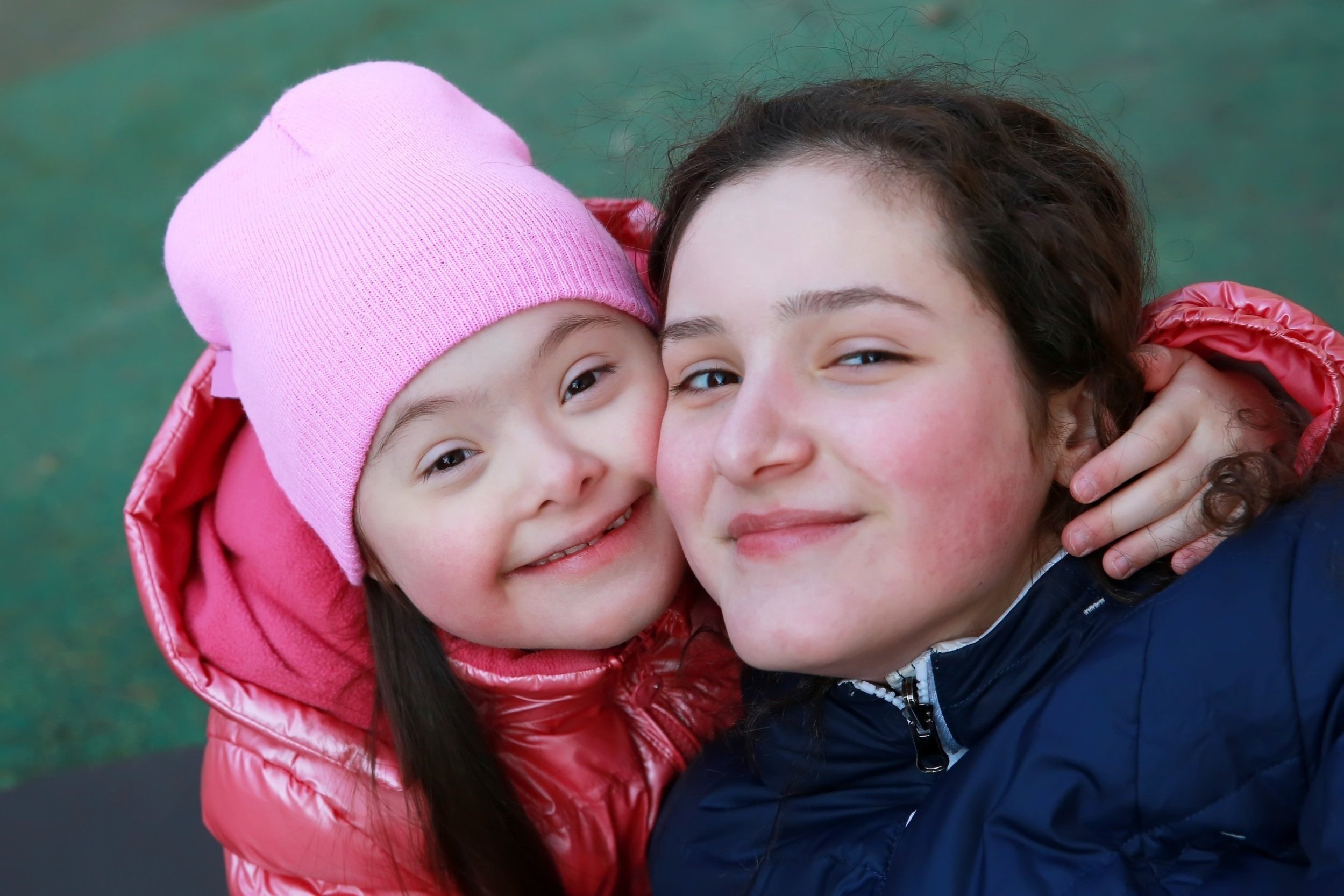Increased public awareness of autism has prompted a surge in demand for a diagnosis which health and education systems are struggling to match, it has been claimed.
Experts have told Sheffield Wire that the increase in diagnosed neurodivergent individuals with more subtle traits is making it difficult for staff and schools to accommodate their needs.
In addition, increased waiting times for a diagnosis could prevent individuals who need more support from receiving it faster. They told us that teacher training could assist in faster identification but for those displaying mild traits, guidance from mental health professionals, such as counsellors and speech and language therapists, could be an essential first step.
In 2021, The Guardian published an article about a study that showed a 787% rise in the number of diagnoses between 1998 and 2018 in the UK.
It stated: “80 years ago, autism was thought to affect one in 2,500 children. That has gradually increased and now one in 36 children are believed to have autism spectrum disorder (ASD).”
The article also raised various expert opinions saying the increase could be from overdiagnosis, “ever-wider assessment boundaries” and more people with mild traits seeking a diagnosis.
Victoria Devonshire is a Developmental Psychologist, specialising in Educational Psychology.
She spoke of the demands teachers face in spotting particular behaviours in children and said during her teacher training, the focus was on dyscalculia, dyslexia and ADHD. She said this makes it difficult for people and teachers to confidently know specific indicators.
“The demands on teachers are so many and so varied that if a child is performing well enough and reaching academic targets and is not too disruptive in a class then it is never going to be a priority which is a shame. There is a stigma around labelling and diagnosis so that’s another issue which is important to bear in mind.
“If the trigger for getting a diagnosis is because of a mental health issue, such as depression, they could be having very difficult outbursts of behaviour and autism might not be thought to be the root of it. So they might get put onto a waiting list which will take even longer and then they might be seen and offered some support but the diagnosis is going to take even longer than it would have if it had just been considered possible autism and been tested straight away.
“That’s the really hard thing about diagnosis because it is not immediately obvious and autism could be one of the reasons why the child is suffering from depression or severe anxiety which needs treating.”
Victoria said if schools were given more training, and there were more teacher training colleges, there would be a better understanding of the variety of possible indicators of autism.
She added that a key component of autism is social communication and language difficulties, which can be identified by a speech and language therapist. Although speech and language therapists cannot officially diagnose autism, Victoria believes the identification of a social communication disorder could be a quicker first step towards diagnosis.
She said: “Speech and language therapists play a good role in helping the diagnosis and often in terms of accessibility. There tends to be more speech and language therapists around than clinical psychologists. They can diagnose social communication disorders so that would be a big clue so you could end up with a diagnosis and see if it is autism as well.
“For some parents, it’s a huge relief to get a diagnosis because it offers an explanation but for other parents, it might be quite frightening and challenging to have that diagnosis and also it depends on the culture within the individual’s home environment, where they live and what their experience of these things are,” Victoria explained.
Cathy Wassell, CEO of the Autistic Girls Network, said: “Schools not understanding neurodivergent communication is a real difficulty.”
Cathy is neurodivergent, she runs an autistic girls network charity and is mum to two neurodivergent young people. She has also published a book for families seeking advice called Nurturing Your Autistic Young Person: A Parent’s Handbook to Supporting Newly Diagnosed Teens and Pre-Teens.
She explained how schools can be “toxic places” for a lot of young people due to a lack of understanding about neurodivergent communication.
And, according to Cathy, Education Health Care Plans plans are “always a struggle” for accessibility reasons as they are diagnosis-led rather than needs-led.
Sarah Terry has been working as a counsellor in UK secondary schools, both private and public, for 20 years. She was diagnosed with autism later in life as her traits went unnoticed as a child due to limited autism awareness, along with “classic masking.”
Like many other late-diagnosed autistic people, she spent years researching and trying to understand herself better due to a feeling of “being different”.
In Sarah’s local area, autism diagnosis through the NHS can take around four years. Suppose someone is displaying mild traits, Sarah hopes people can learn and discover more about autism on her TikTok page and feel a sense of community and contentment with or without being diagnosed.
Since COVID-19, Sarah has noticed a significant rise in female students seeking her support.
In the past, a lot of girls would “mask” their behaviour to appear neurotypical, this could be the reason why their identification might have gone unknown to teachers and learning support staff.
Sarah explained that masking is seen more with girls who might “seek out what looks ok” and latch onto someone perceived as the “popular person” in the friendship group, liked by the teachers and academically achieving. So they will attempt to mimic that person.
“So when we talk about masking it is almost like that’s the mask they wear, they wear a mask of their friend and so what happens is they are using so much energy that when they get home, they have a meltdown,” Sarah explained.
One of the key messages she expresses via her TikTok platform @sarahtheasdcounsellor is to parents, saying: “If your child is displaying autistic traits, you don’t have to wrap them up in cotton wool. Celebrate what is different about them and help them to manage what they struggle with because it can be done and I am living proof of that.”
Sarah claimed a closer look at the assessment criteria for autism diagnosis needs revisiting because a clear problem is the current assessment criteria being aimed at boys.
“Boys tend to struggle academically, now girls, on the other hand, are often going to be straight-A students because part of the masking process is; well if I’m very good and I’m the best student then no one will bother me. So we fail at that first hurdle because that form gets sent out to all that child’s teachers and they’ll all come back and say no there’s no behavioural issues, no academic issues, this child is really good, they’re quiet and get on with work.”
Fleur-Michelle (pictured below) is a Senior Clinical Psychologist and she explained how important it is for females not to mask their true selves as it can make them “vulnerable to mental health challenges.”
She agreed the balancing act between encouraging self-expression while matching the requirements of educational establishments is difficult.
“What we should be doing, if we are assessing or trying to get support for an autistic child, is expecting one of those parents to be neurodivergent themselves, and giving them the same accommodations and support that we’re trying to give their child.”



